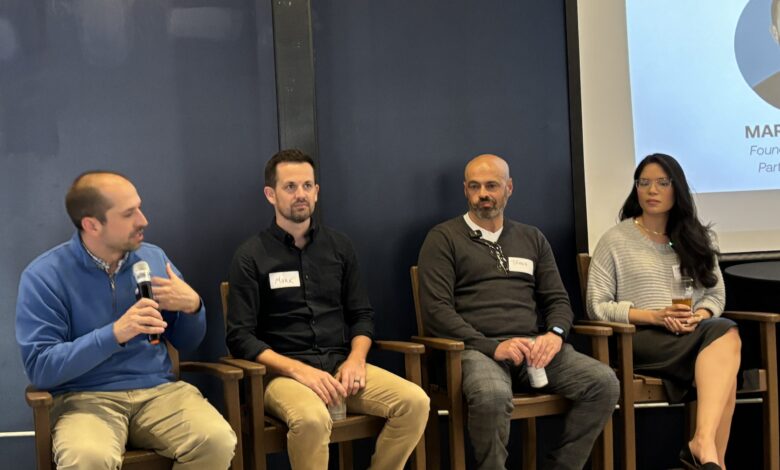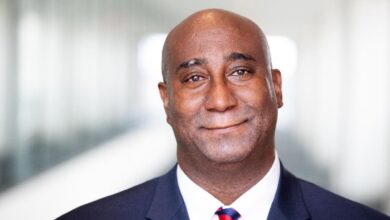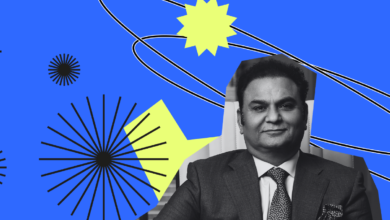Stress management and mental health in entrepreneurship

Entrepreneurship is inherently stressful. Founders must deal with numerous demands on their time, financial constraints and other stressors.
According to a survey conducted by Startup Snapshot, 54% of respondents said they were “very stressed” while 72% of founders reported feeling impacts on their mental health, including experiencing panic attacks, burnout, anxiety and depression.
Tarek Kamil, founder of Cincinnati-based startup Cerkl, compared starting a new business to having a child.
“What happens is you get into it you don’t realize you had a child,” Kamil said. “This new business you’ve created is an infant and it needs what it needs when it needs it. That baby needs bed, you feed it; needs changed, you change it. It does not matter what’s going on in your life.”
Last June, Blue North, Northern Kentucky’s primary entrepreneurial resource and advocacy organization, launched Resilience Accelerator, an initiative that will assist regional founders with managing stress and cultivating a healthy mindset regarding their work.
Blue North partnered with locally-based clinical psychologist Dr. Lina Ehlinger to produce monthly content for Resilience Accelerator. Ehlinger herself is the founder of L.E. Psych, a practice that provides therapy for people suffering from PTSD and bipolar disorder.
On Thursday, Resilience Accelerator hosted a panel featuring Kamil, Ehlinger and Mark Phillips, a managing partner at the Chicago-based venture capital firm 11 Tribes, where the discussion centered around the importance of prioritizing mental health in entrepreneurship.
From Ehlinger’s perspective, the everyday responsibilities of running a business can lead to lingering anxiety. To combat this, founders must focus on carving out dedicated time for activities that reduce anxiety, such as sleep, exercise and spending time with loved ones.
“I really think about founder mental health and being able to look at your life and your values and say, yes, I’m attending to all of these,” Ehlinger said.
Because entrepreneurship is such a time commitment, managing your mental health requires some concessions. Phillips said he personally stopped using the term “work-life balance” to describe how he divvies up his time.
“I’ve abandoned the term work-life balance because I don’t think that’s realistic in entrepreneurship,” Phillips said. “I have adopted the term work-life cohesion. How do the two things intertwine with one another? There are going to be weeks where you’re going to over-index on your job.”
Due to those prevailing circumstances, Phillips emphasized that founders should prioritize resting. When rested, founders can perform their jobs at a higher level.
“There’s no such thing as working too hard, there’s just being under-rested,” Phillips said.
Kamil suggested founders align their expectations and accept that the journey is filled with trials and tribulations, even when things are going well. This way, founders can better compartmentalize the inevitable stresses and failures.
“I have a feeling that a big part of this is alignment of expectations, and that you’re thinking it’s going to be rainbows and unicorns and it’s just problem after problem,” Kamil said. “Of course, it’s going to create mental health issues and anxiety and stress, and that’s when things are going well.”
All three panelists acknowledged that mental health can be a stigmatized topic in the entrepreneurial world, especially with the prevalence of “hustle culture” and “grindset” mentalities.
“One of the things that I learned is that this whole mindset of Mountain Dew and no sleep is horrible,” Kamil said. It was a horrible, horrible way to live, and it’s actually counterproductive.”
Phillips venture firm 11 Tribes has actually made investing in the mental health of founders a priority. 2% of 11 Tribes’ invested capital goes directly to a founder so that they can invest in their own mental and physical well-being, according to their website.
For Phillips and his firm, it’s a way to help combat the stigma surrounding mental health in entrepreneurship while signaling to the founder that they are a long-term investment for the firm.
Ehlinger concluded that while it may not be easy for founders to carve out dedicated time in their schedules, the investment will ultimately be worth it in the long run.
“Can I expect it to be easy to prioritize my mental health and create space for it? No, it’s not going to be easy, but it’s definitely worth it, and you’re going to see the dividends in yourself, your business, and your team, also” Ehlinger said.



